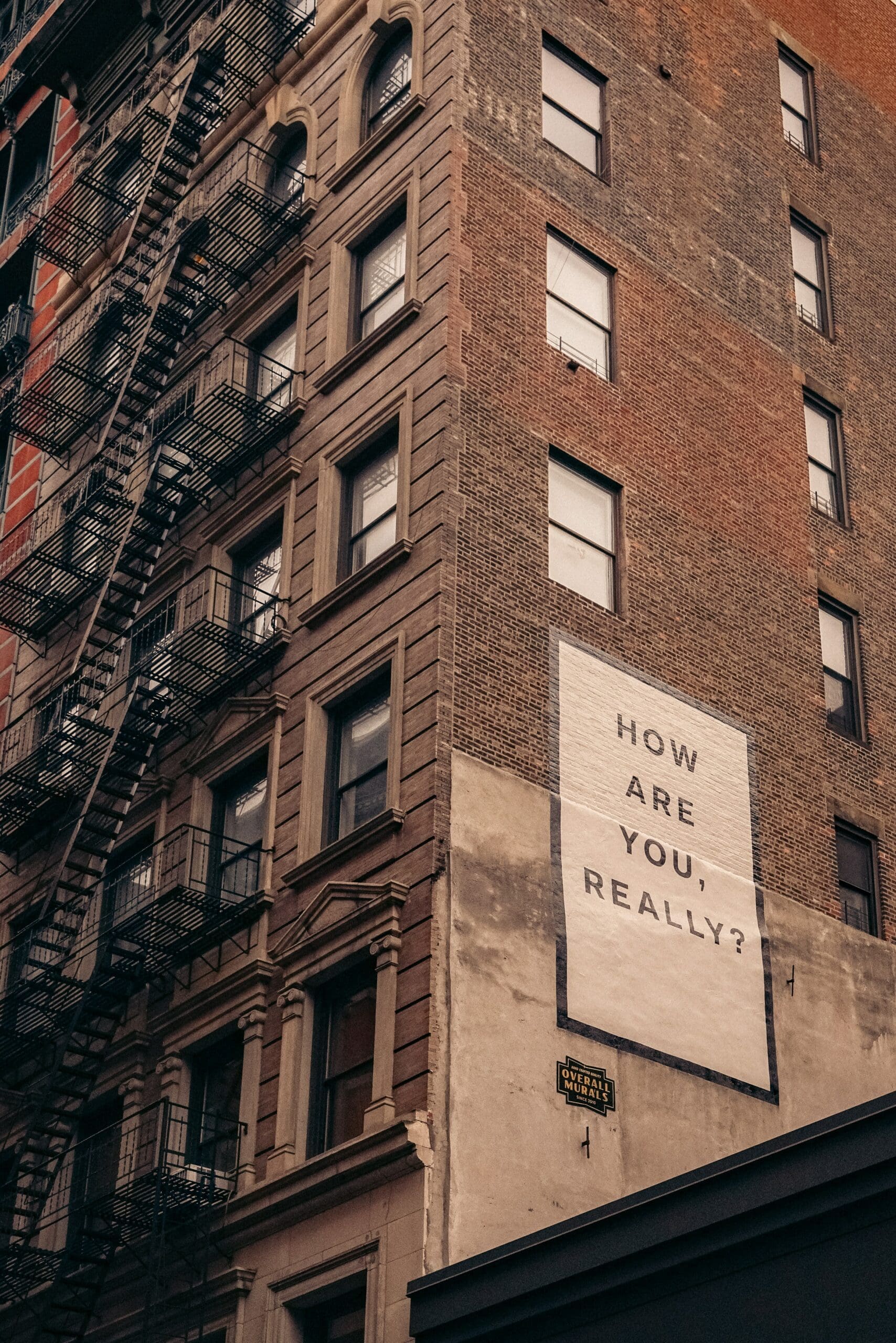Canadians are now asking themselves, and their leaders: What if everyone had enough to live, all the time? Enter UBI.
When the COVID-19 pandemic caused sudden and unprecedented job loss, Canada moved swiftly. The COVID-19 Economic Recovery Plan – of which the CERB is a part – provided temporary income support to workers who lost jobs due to the pandemic. In the process, it may have changed the way we think about income, job loss and poverty.
Canadians are now asking themselves, and their leaders: What if everyone had enough to live, all the time? Enter an idea that has been circulating for a long time: the Universal Basic Income.
Here’s what it is:
The idea of a Universal Basic Income is to provide a no strings attached payment to all Canadians of working age to cover their basic needs. It would be a minimum income provided to everyone, rich or poor, employed or not, and funded by our progressive tax system.
The Canadian Mental Health Association has taken a position in support of the creation of this benefit. Here’s why:
Poverty has long been shown to negatively affect mental health. With a Universal Basic Income, poverty essentially disappears, and with it, the mental health effects of being poor.
At the same time, having an adequate income actually protects health — both mental health and physical health – and increases our quality of life. Not surprisingly, health-care costs would be expected to plummet and so, too, would hospitalizations related to mental health.
There is a big mental health case to be made for this old idea, and CMHAs across the country are making it. Maybe it’s an idea whose time has come. You can read the CMHA’s statement calling for a Universal Basic Income here.




















